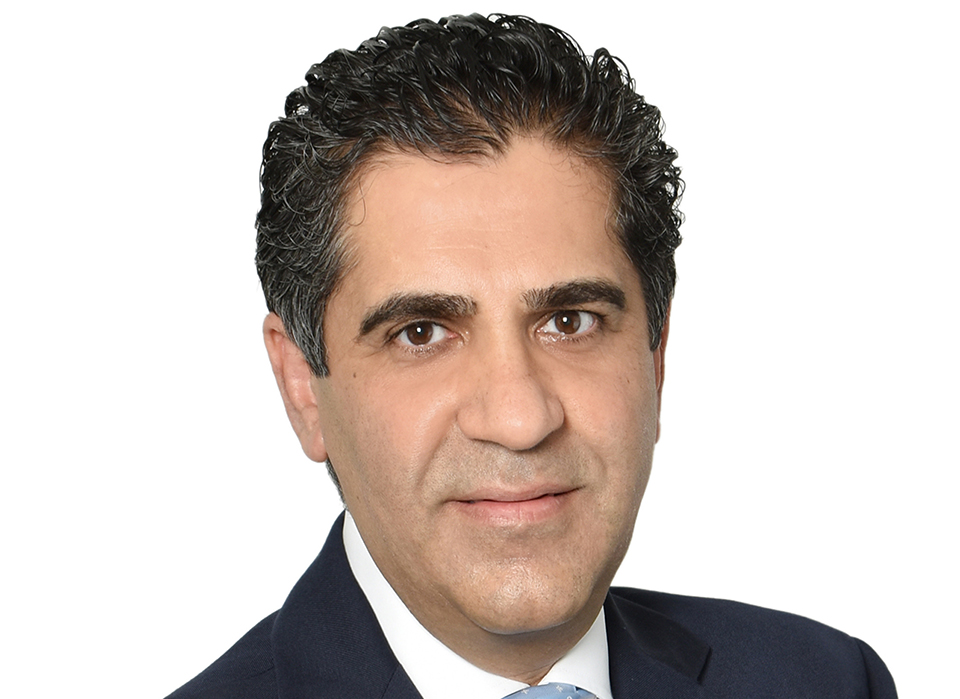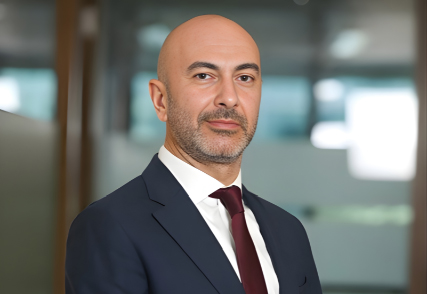In April, Société Générale (SocGen) announced plans to make strategic changes, restructuring its internal teams. The plans, to be outlined fully in its strategic plan released in November, will see the bank divided into 17 business units and 10 service units.
For the bank’s global transaction banking (GTB) business, this involves building up specific regions. For Western Europe, this means a focus on the UK, with more operations being run out of London.
The bank identified the UK as a potential growth area, having not focused resources on the country previously. In particular, SocGen is looking to increase its trade finance operations in the UK, having previously only provided plain vanilla services.
Benoit Desserre, global head of GTB and deputy head of global transaction and payment services at SocGen says it will enable a higher degree of client contact: “Europe is becoming more of a playground for the bank’s GTB activities. Over the past four years we have been looking at what we can develop in the region, and we plan to further expand in the future. In part, we are hoping to leverage on our connections in other regions for our clients.”
 Benoit Dessere, Société Générale |
There is an awareness that placing so much focus on the UK business at this time could be considered risky. However, Desserre says the bank is already looking into options to follow clients if necessary: “Brexit won’t change this, although we are watching how clients move their focus towards Dublin. We aren’t currently in Ireland, but the bank is present in the country.” Desserre explains this will impact how GTB is run: “The business will be more agile. The group has recently redefined its organisational structure to be based on business and service units, including a greater emphasis on regions, to operate more effectively. To support this, global transaction and payment services has become an independent business unit.”
The restructuring has come as the bank seeks to step up into spaces vacated by competitors. Desserre says: “The retrenchment of RBS was only the tip of the iceberg. We have also seen policies of de-risking by many banks. SocGen is also doing it to a degree, but we are looking at where we can pick up business other banks have moved away from.
“From the pulling out of some banks there has been the space to go and offer our products. For example, we can look to add cash management solutions to our trade finance clients.”
Offering the diversified product set to clients helps with picking up ancillary business. Eric Bayle, head of global transaction banking in the UK, SocGen, says: “When there are customers using trade finance, but not the payments and cash management solutions, there are options that can be introduced. This requires sharing non-confidential information with different parts of the business, where they can identify the possible benefits.”
Bayle explains: “Cash management brings in reoccurring business with a stream of deposits and flows. It also makes it easier to spot different issues in order to make appropriate recommendations. Trade finance can also be a stable and reoccurring business, with profitable deals.”
Making the most of ancillary business propositions is a strategy being played out across a number of banks. For example, Japan’s MUFG is looking to assert itself in the European market, building out its existing client base.
The bank recently refocused its team through hires. Mathias Noack, head of syndications, EMEA, for MUFG, started in his role at the beginning of this year. He says: “The strength of balance sheet acts as an entry point for clients, who will then come on board for ancillary business. It is a relationship-driven business.
“We have to provide solutions to build a relationship with our clients. We need to know how to facilitate the improvements and provide a value-add service. What we offer has to be able to make the client’s life easier.”
In a competitive climate, having additional business flows can make an otherwise loss-making relationship worthwhile. A senior banker at an Asia-based bank says: “Corporates want to have the best service. If there are too many banks in their syndicate it can be a struggle for banks to make any returns, and will impact their ability to cross-sell. If banks are not making money from a client ultimately it will not be a good relationship.”
Having a foot in the door to the business is a real advantage when a corporate is considering which banks it wants to continue working with. The banker adds: “When the time comes for them to issue an RFP, the corporate will ask themselves if they want all of the banks they work with to pitch again, or if they want to reduce the numbers. And they are going to look over closely who they are going to invite to pitch.” The banker notes that in this low fee, low interest rate environment, banks need as many revenue streams as possible.
Bayle agrees, and says some banks are already taking the lead on this: “There has been a shift in focus, and there is a greater need for deposits. Some banks have already made this change in focus and are seeing the benefits. If banks are willing to invest there is business out there.”
 Eric Bayle, SocGen |
Bank of America Merrill Lynch (BAML) has in the past integrated its business lines, and tried to breakdown internal siloes to create a more granular level of cross-over business. The bank is now looking beyond these lines to find how tech can be leveraged to further this.
Alex Young, head of UK sales for GTS, BAML, says: “Advancements in technology have allowed companies to focus on rationalizing bank account structures.
“Enriched data and virtual account solutions are helping to drive process efficiencies and enhance reconciliation.”




